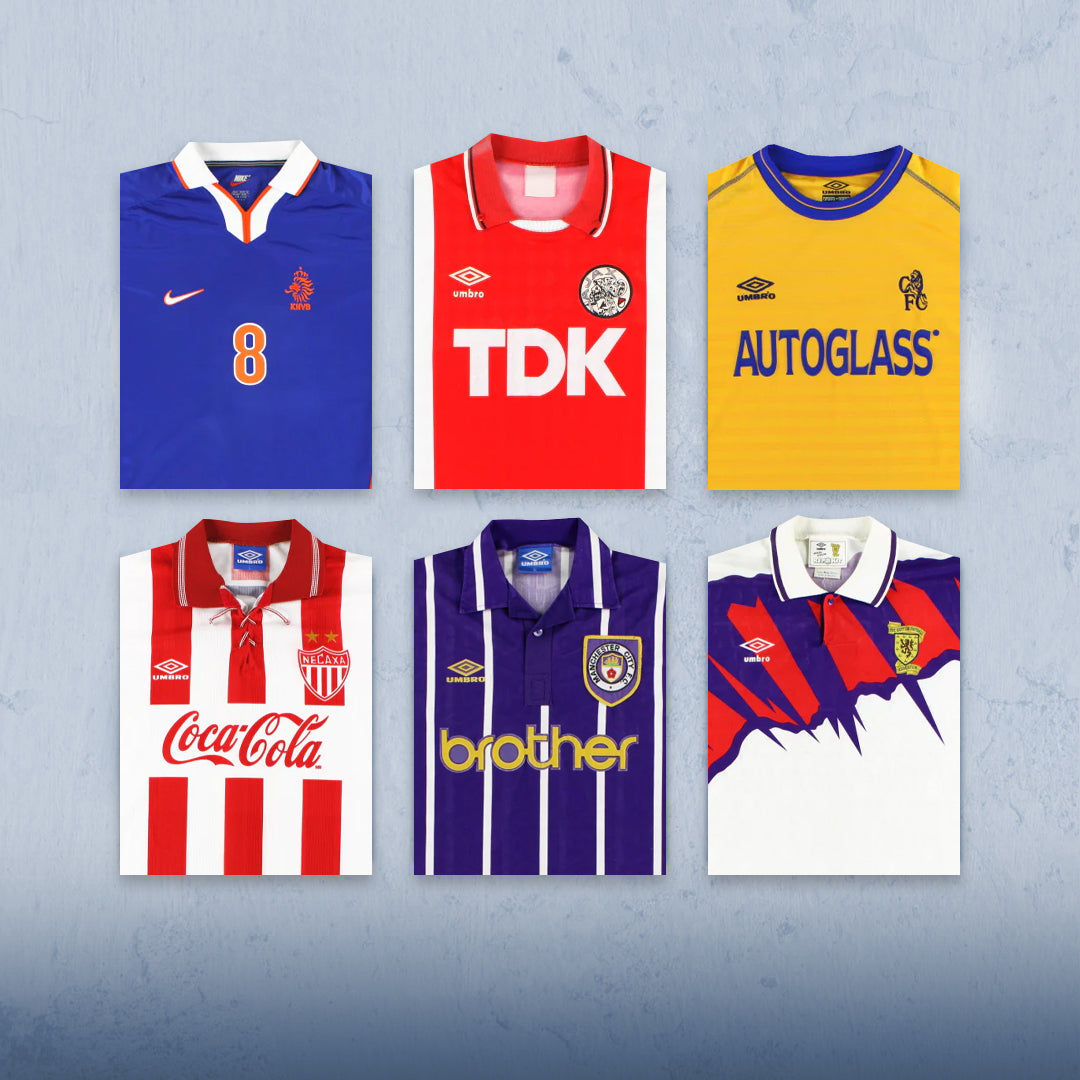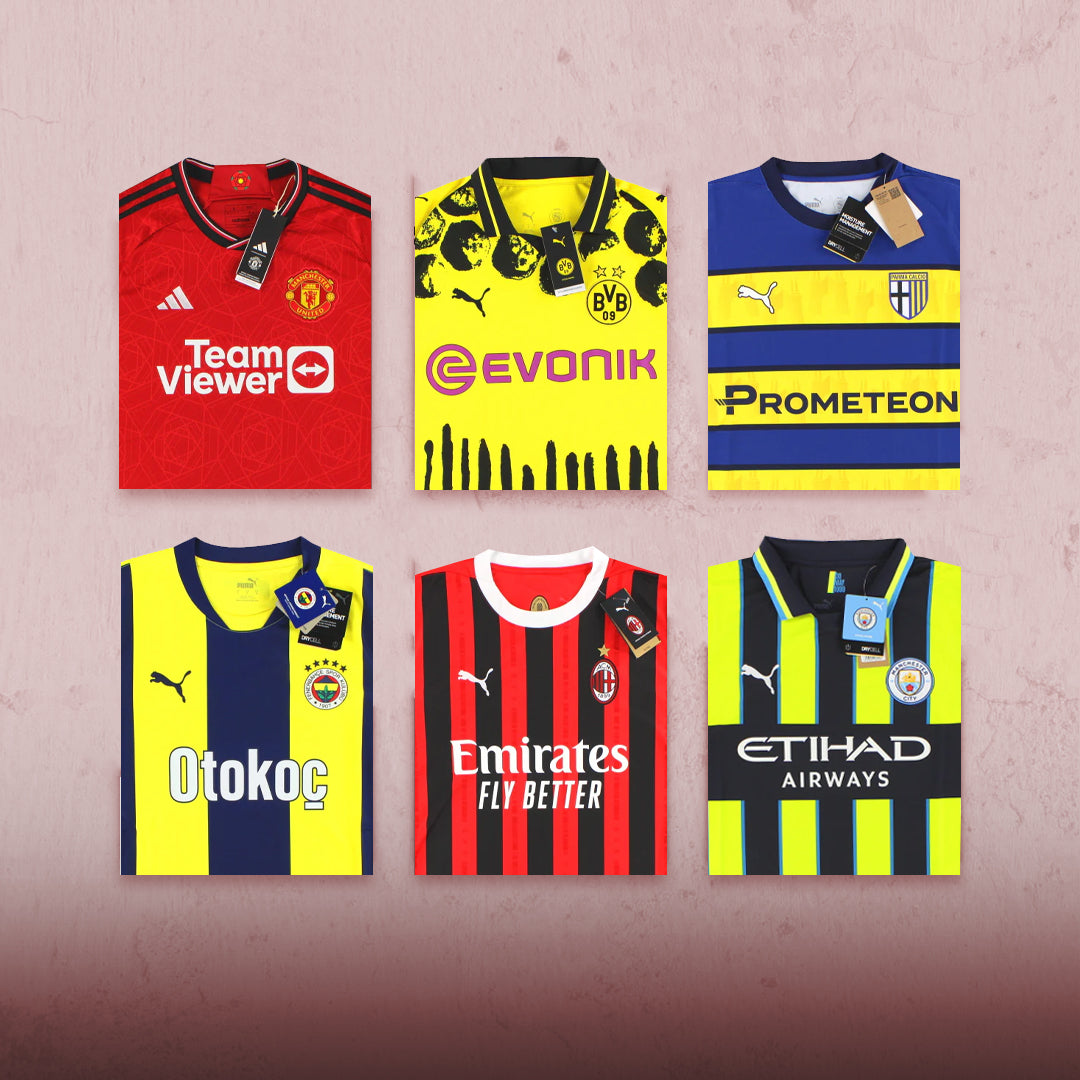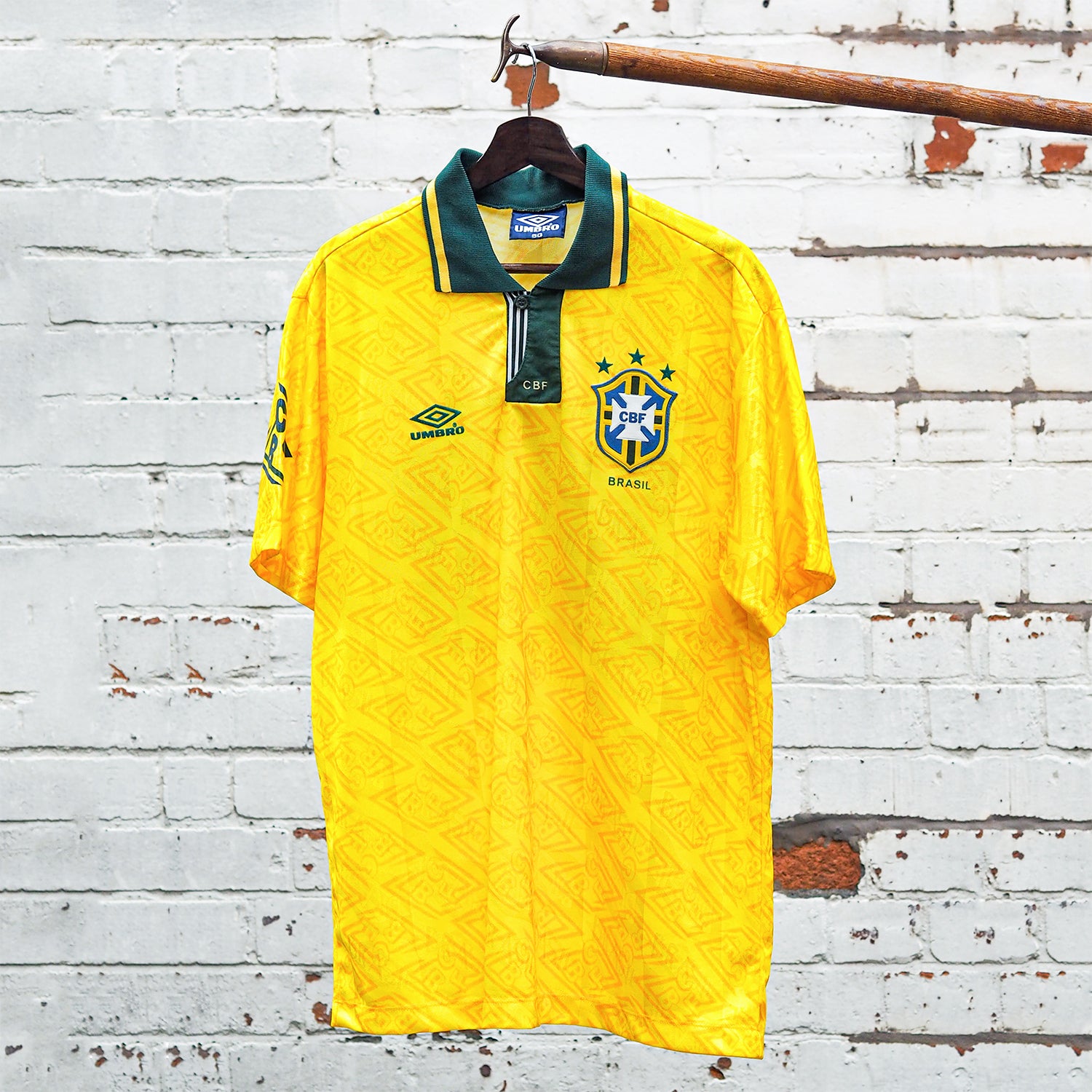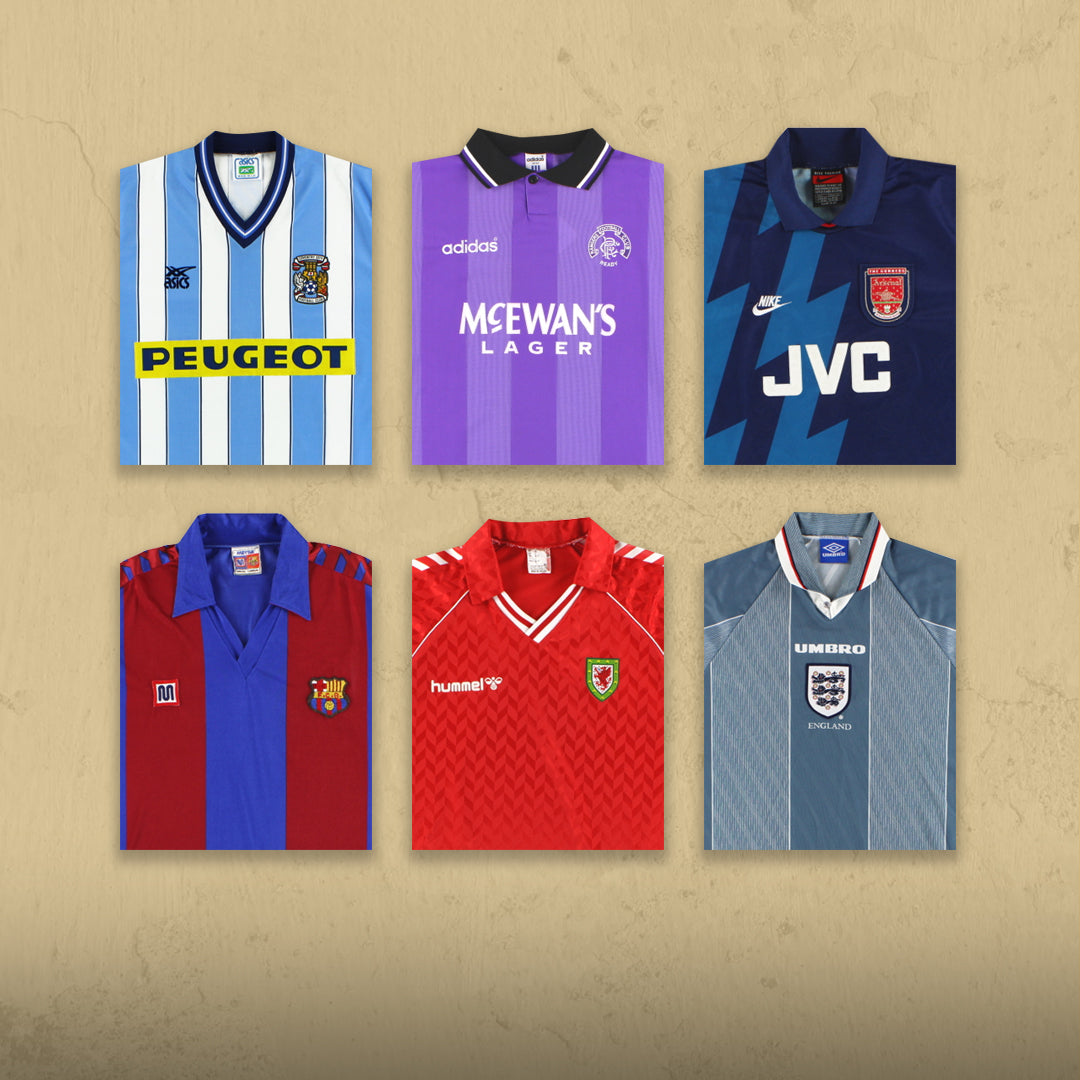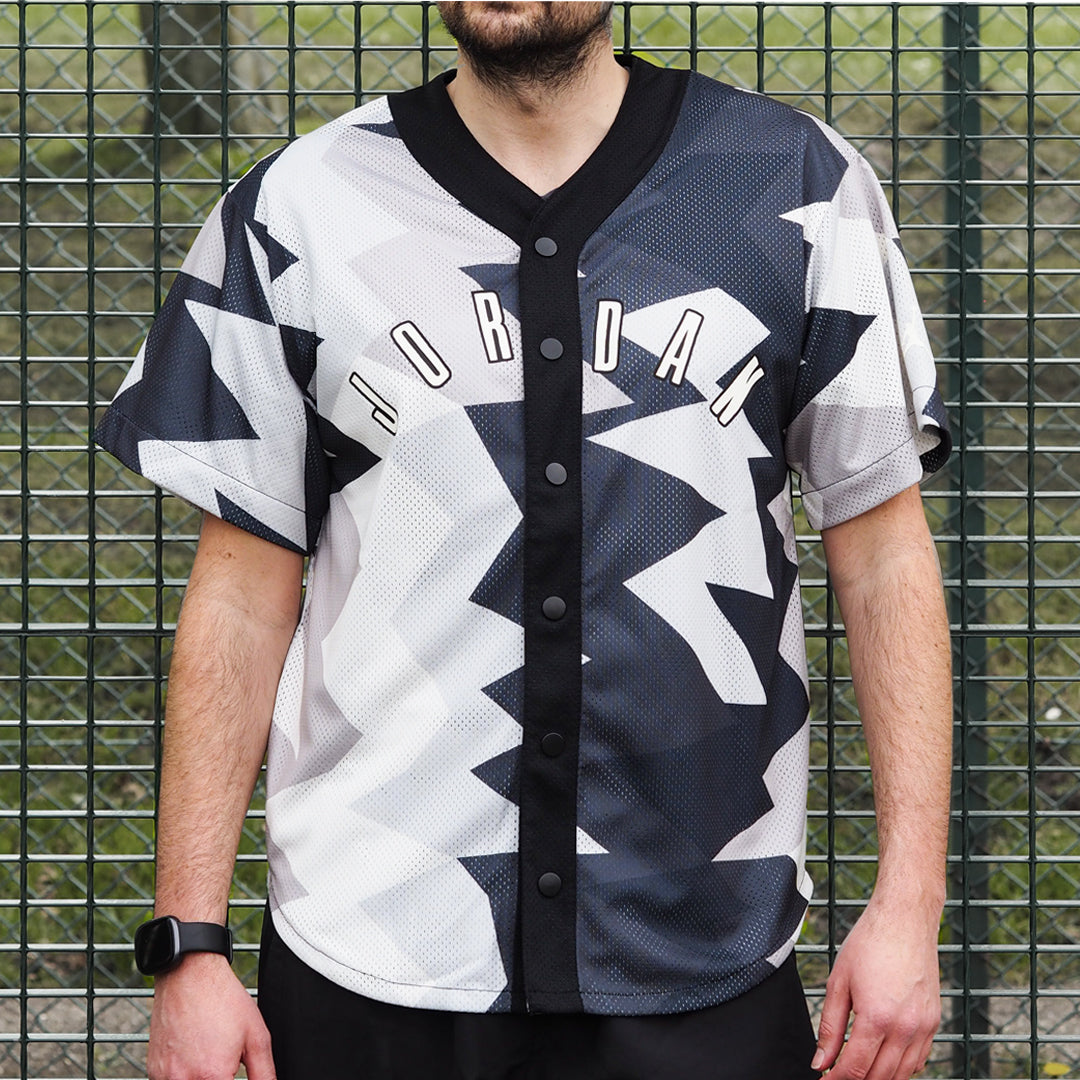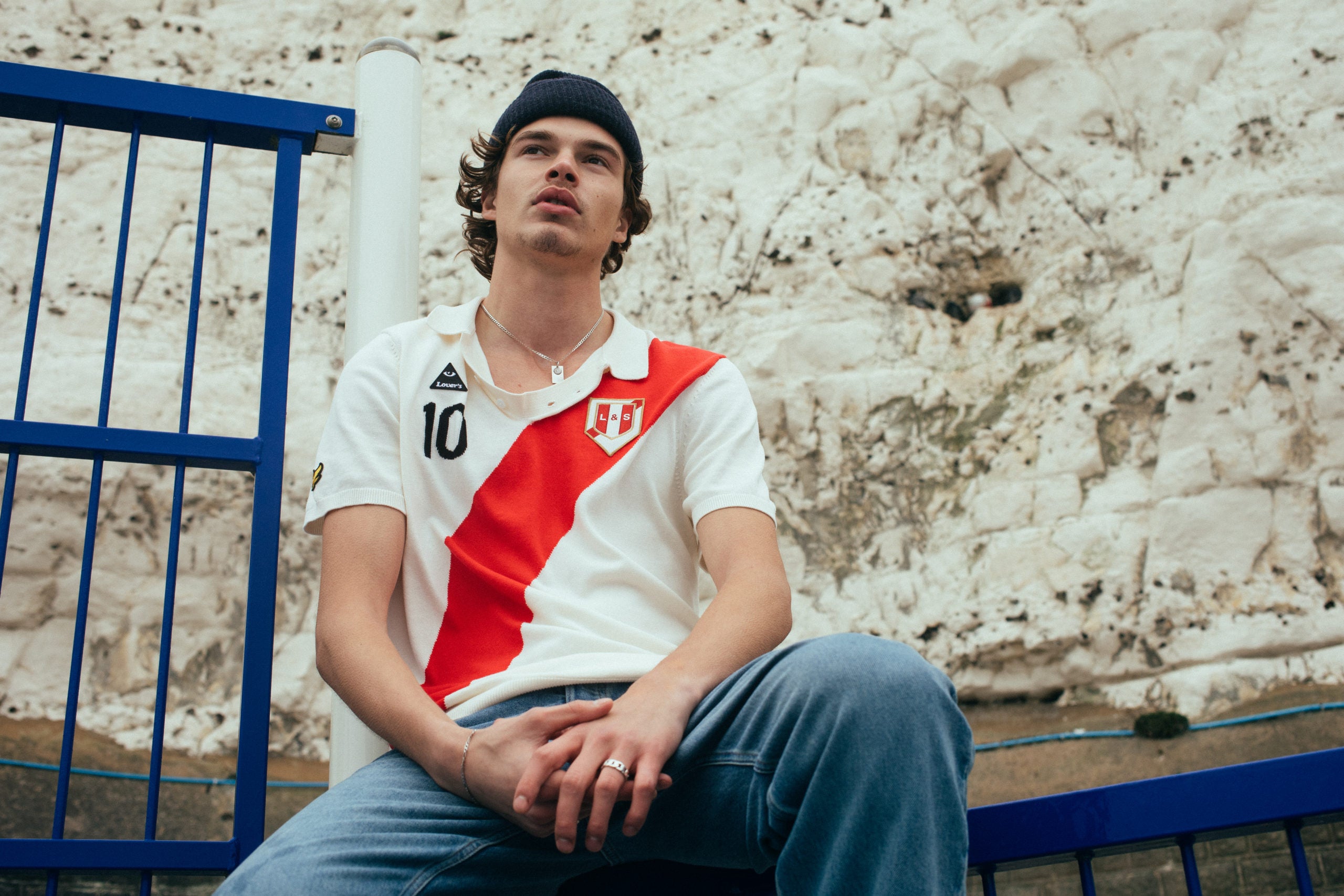Hummel
Despite their strong links with Danish football, Hummel actually began life in Germany in 1919 when two brothers Michael and Albert Messmer started ‘Messmer & Co’ in Hamburg and began producing sporting goods. The name Hummel first appeared four years later when the family launched a new footwear collection although it wasn’t until 1935 that the company was formally renamed as ‘Hummel-Hummel’ a phrase apparently originating from a Hamburg greeting.
The name was truncated to simply Hummel in 1956 and the firm continued their production of footwear, specialising in football and handball. The company’s first team sponsorship boot contract came in 1964 with German handball side Grun Weiss Dankersen. Five years later Hummel’s first full collection of sportswear apparel arrived, accompanied by the now familiar ‘chevron’ graphics which helped brand awareness considerably. The Hummel ‘bumblebee’ also arrived later that year.
In 1972 Werder Bremen became the first major football side to sport Hummel and in 1974 the west German national handball side also wore the brand in a bizarre deal which they shared with adidas. The Hummel brand began to grow throughout Europe in the rest of the decade and in 1979 the company signed a deal with the Danish national side - it was the start of a relationship that was to last until 2006 and ensured the brand became synonymous with Denmark. So much so in fact that a year later former Danish handball player Jurgen Vodsgaard took over as Hummel owner. The brand was now totally Danish.
The Hummel chevrons first began to appear in English football in the mid 1980s when the company struck deals with Tottenham Hotspur, Aston Villa, Coventry City, Southampton and Sunderland. Many of the sides sported the firm’s innovative but un-traditional ‘half and half’ shirt designs that also found fame with the Denmark national side. They were bold, bright and arrogant strips - perfectly in keeping with the 1980s. Soon other Scandinavian countries (Sweden and Norway) also began wearing Hummel.
At the end of the 80s the firm signed one of their biggest sponsorship deals yet with the mighty Real Madrid. However, Hummel’s highest profile period arguably came in 1992 when Denmark won the European Championship wearing the brand.
Sadly though the success wasn’t to last and despite some excellent designs and many superb kits around Europe’s domestic sides, Hummel’s fame faded. In England Aston Villa and Hearts briefly wore the brand again in the 2000s but in 2006 the biggest knock to the company came when Denmark switched to adidas for their football apparel.
Today, however, despite a lack of high profile clubs, Hummel remain a highly regarded sportswear brand.

